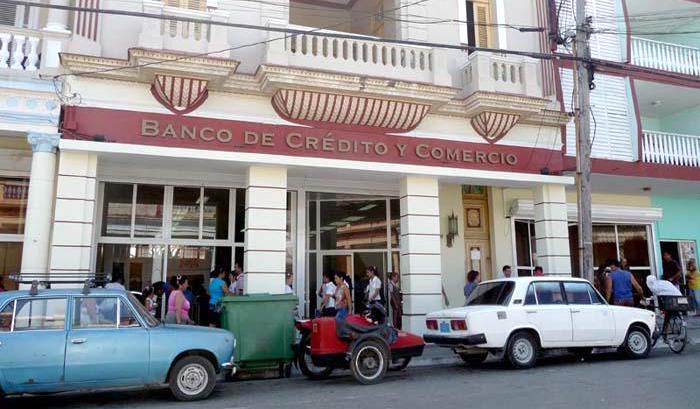
Starting with January 1, once the command task begins, the CUC will finally disappear, and the official exchange rate of the dollar will be 1×24 Cuban pesos. Isn’t that what people wanted? Now, instead of monthly salaries between $ 25 and $ 40, Cubans will earn at least $ 87 (2,100 pesos). Of course, the salary will be charged in Cuban pesos, the country’s official currency, with which dollars must be bought … from whom? Where are those dollars that cost 24 Cuban pesos?
The Cuban state has no dollars to sell. It doesn’t even allow those who have bank accounts in dollars or euros to withdraw the amount of money they want, whenever they want. Even medical staff doing missions abroad – recognized by the government as the main source of foreign exchange – will see their bank savings frozen if they decide to turn them into dollars or euros.
Cubans who do not have dollars or whoever sends them will have to buy pesos, the country’s official currency after the elimination of the CUC. But where? What commodity does the Cuban state sell in pesos, besides those from the winery? No one. Those who need soap, shampoo, detergent, tomato puree, oil, will have to buy them for dollars. But first you have to put them in a bank account and once you get there, you won’t be able to touch them. You need to ask for a magnetic card to buy in stores in freely convertible currency.
Then Cubans will see that their real salary is not $ 87, but $ 60 or less. If the state does not sell dollars, they will only be able to buy them on the street, where they will hardly find them for less than 35 Cuban pesos.
Cuban workers will not only face a sharp drop in wages, but also the dilemma of giving up basic necessities or committing the crime of “illegal trafficking of national currency, foreign currency, metals and precious stones.”
Article 235.1 of this Criminal Code penalizes “deprivation of liberty of two to five years or a fine of three hundred to one thousand quotas or both of those who f) carry out exchange operations on the black markets of national or foreign currencies or by channels other than those legally established “.
This subsection f is the one that served to accuse the so-called “resellers” who were around the exchange offices (CADECAS) and the shops in CUC and sold convertible pesos with 25 Cuban pesos, which was the same price that CADECA he sold it, with the difference that it was bought from them without queuing.
Many Cubans refused to buy CUC from these people because they did not want to use a channel other than “the legally established ones.” Where are those channels to buy currencies now?
Deprivation of liberty for two to five years or a fine of 300,000 installments, or both, is provided not only for those who sell the currency, but also for the person who, in the absence of legal alternatives, must buy it. Both parties materialize the action of foreign exchange operations on the black market, according to the law.
Currently, it is not necessary to have money at hand. A bank transfer that is considered suspicious of illegal exchange of dollars or free convertible currency (MLC) between Cubans, or between foreigners, or between foreigners and Cubans on the national territory, by using technologies for the electronic circulation of money is sufficient to the police report to be submitted. Cuban banks are required to inform the specialized structures of the Ministry of the Interior responsible for establishing economic crimes about the identity of persons whose banking operations of any kind they consider suspicious.
In its interventions on the so-called “ordinance”, the Government has repeatedly assured that no one will be left helpless. Did he mean that in prisons detainees have guaranteed food? Many honest people, who have done nothing but work throughout their lives and continue to do so or are retired, could go to jail or pay fines for a state-induced crime.
If the government is not able to provide stores that sell in the country’s official currency – which, according to authorities, has been the goal of MLC stores – or offer people an alternative to legally buying dollars, it must remove from the Criminal Code the figure criminal conduct of illegal currency trafficking or to refrain from applying any sanction until the problem it has created has been resolved.